How do you get your subject to relax and tell a great story? Visual storyteller Benjamin Chesterton, production director of acclaimed production company duckrabbit, shares his top tips.
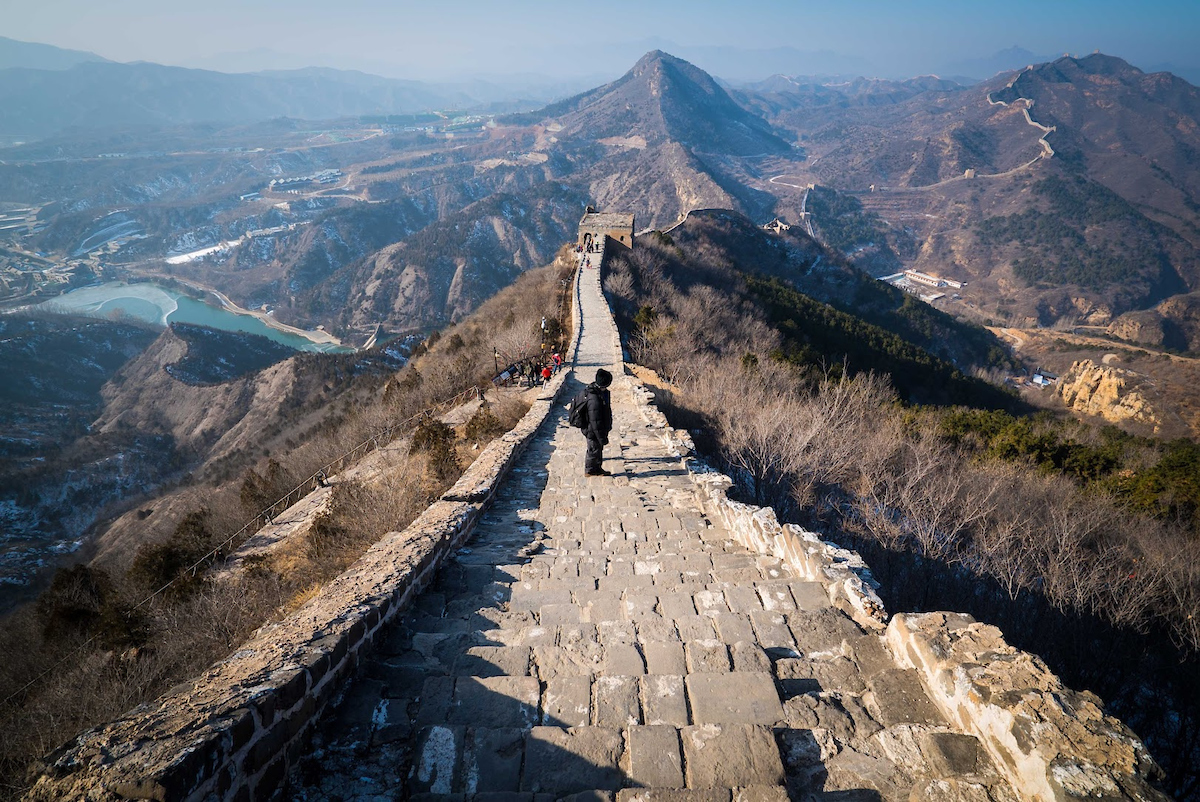 Photo © Benjamin Chesterton
Photo © Benjamin Chesterton
I've been interviewing people for twenty years: from war criminals to nuns, and everyone in between.
I've got to admit though, when I moved from radio documentary to visual storytelling, I was really reluctant to interview people on camera.
I was just stuck with the idea that a camera is a barrier to heartfelt storytelling; that people are just too self-conscious when you stick them in front of a lens.
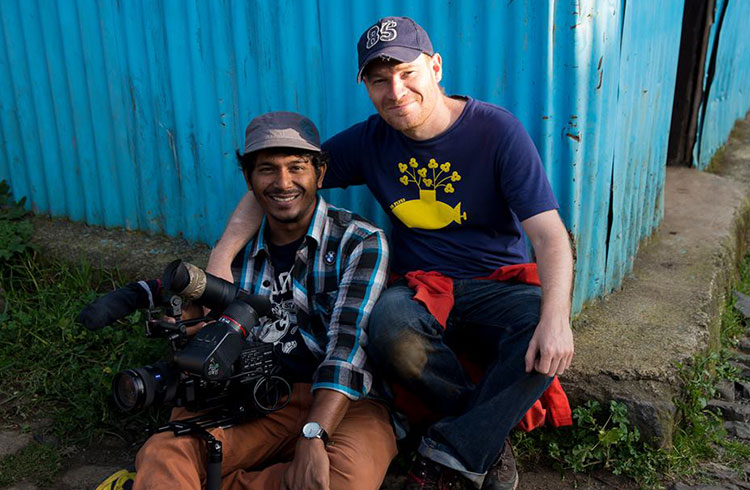
Of course, some people are. But, I soon discovered, the magic that happens when you sit down and really listen to someone doesn't go away just because there's a camera in the room.
When I train people, they often ask: “why do people so often open up to you, Benjamin?”
The answer isn't so much about me, but more about the power of being listened to.
Sincerely, how often does someone come along and spend an hour really interested in listening to you?
It doesn't happen often in life (unless you're paying a therapist). So, for many people, it's a powerful experience. It makes them feel special, and they will want to do the best they can for you.
So, here are my top tips:
1: Do your research. This shows that you care.
2: Find a quiet spot, where possible, without visual distractions like people passing. Above all else, avoid a room with an echo.
3: Minimize the time a guest is waiting. If you’re doing a formal sit-down interview, ideally, give yourself an hour to set up before your guest arrives.
4: Stay in charge. It's your film: you have to lead. Don’t give the guest a set of questions in advance, but do let them know the story you want to tell.
5: Go through their story in chronological order. That way you know you’ve covered it all.
6: Don’t dive straight into the story. Your guest will need time to be relaxed on camera, so start with general questions about themselves.
7: Make sure your guest has enough time for you. Equally, if the interview is going to be emotionally draining for your guest, don’t rush off as soon as it finishes.
8: Be warm and encouraging. People are like mirrors, you'll get back what you give.
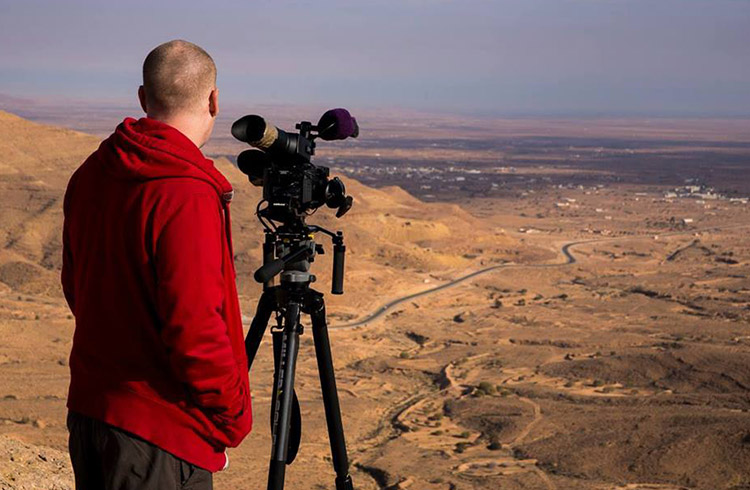
9: Make sure you are monitoring the back of the camera or a monitor. Cameras, especially DSLRs, have a nasty habit of switching themselves off.
10: Don’t try to provoke emotion in your guests. The emotion will come through the telling of the story.
11: Put fresh batteries in before the start of the interview.
12: Encourage the interviewee to use descriptive language, and avoid generality. Descriptive language helps the viewer enter into a story.
13: Never forget people are more important than films. Don’t try and take a story. Allow someone the space to give it to you.
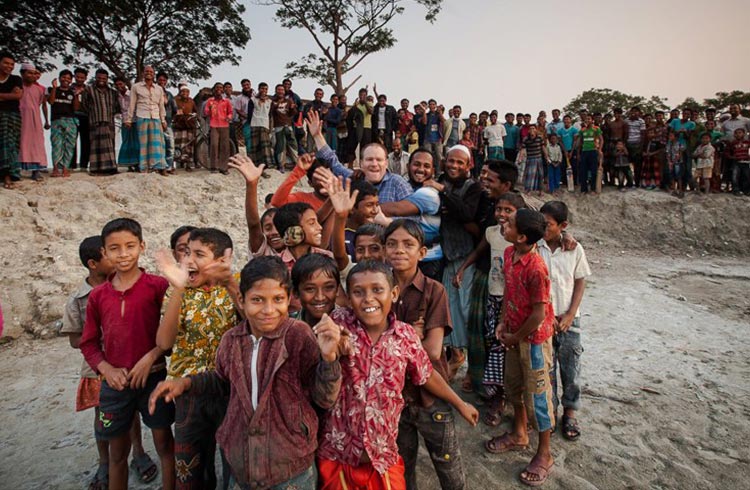
14: Some people freeze on camera. If all else fails, do an interview with them off-camera with an audio recorder. You can then use this audio alongside the other shots you’ve gathered.
15: Sometimes a glass of beer helps (just the one). I was making a radio documentary for the BBC in the Andes. My guest, a British woman running a large farm, was really nervous about talking into the microphone. She kept running away, and I was thinking: “oh man this is a long way to come to fail.”
I backed off and let her get on with her work; helping out where possible, but not trying to interview her.
That evening, we took horses up to a plateau where we watched condors circling at dusk. We drank a glass of wine, came down, roasted a goat, and then finally, she gave me a great interview as we sat by the fire.
Be patient. Encourage. And if all else fails, forget about the film, and enjoy yourself. Things might just work out for the best that way.
Want to be mentored by a professional filmmaker? Keep an eye out for our Travel Film Scholarship!
Or watch the Travel Documentary Masterclass for more exclusive advice.
Related articles
Simple and flexible travel insurance
You can buy at home or while traveling, and claim online from anywhere in the world. With 150+ adventure activities covered and 24/7 emergency assistance.
Get a quote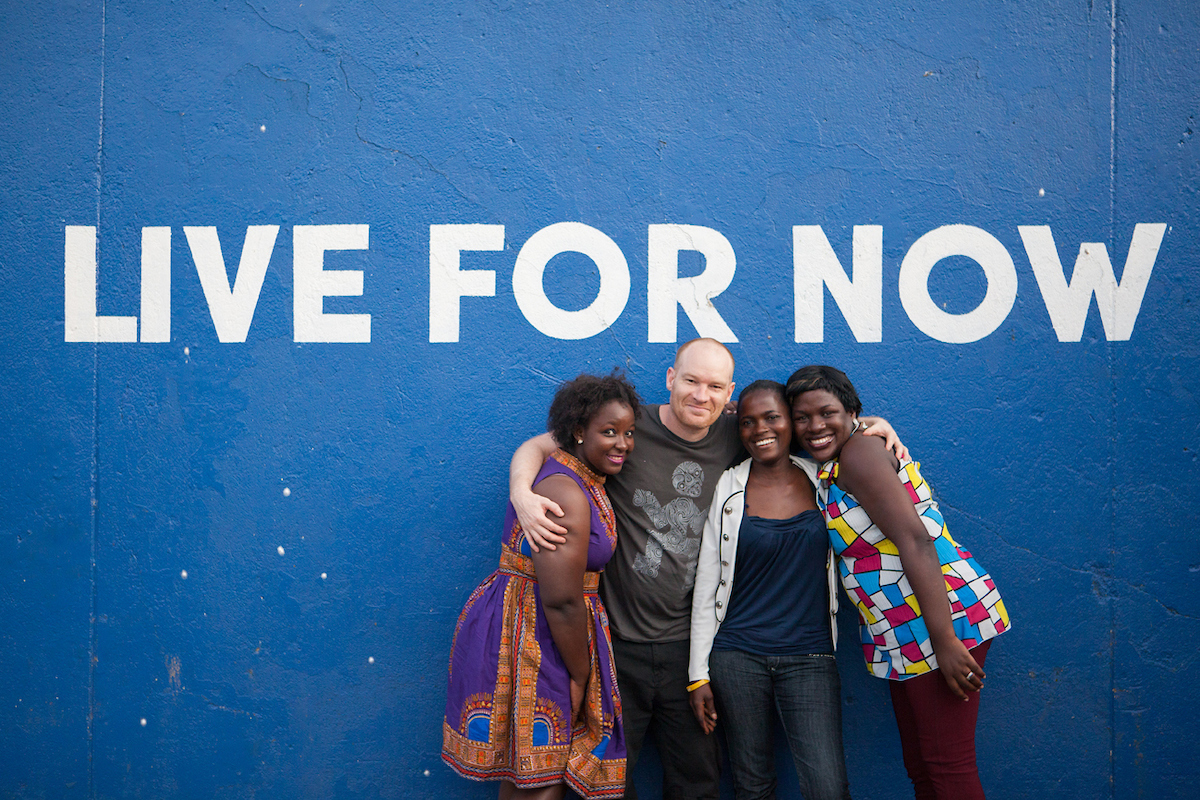
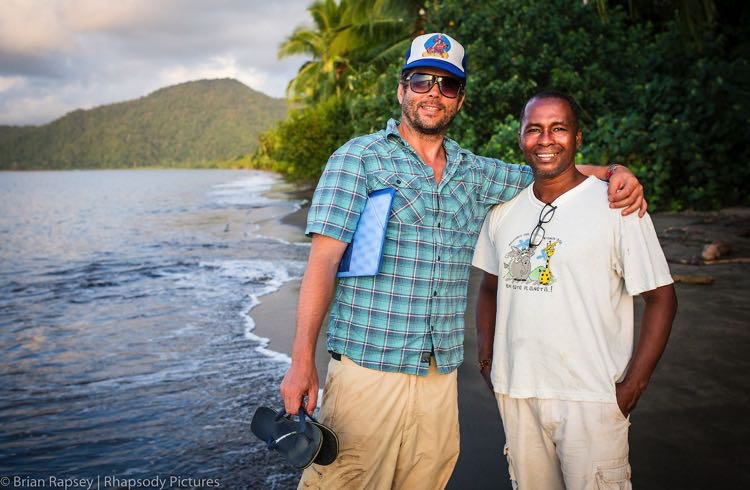
No Comments